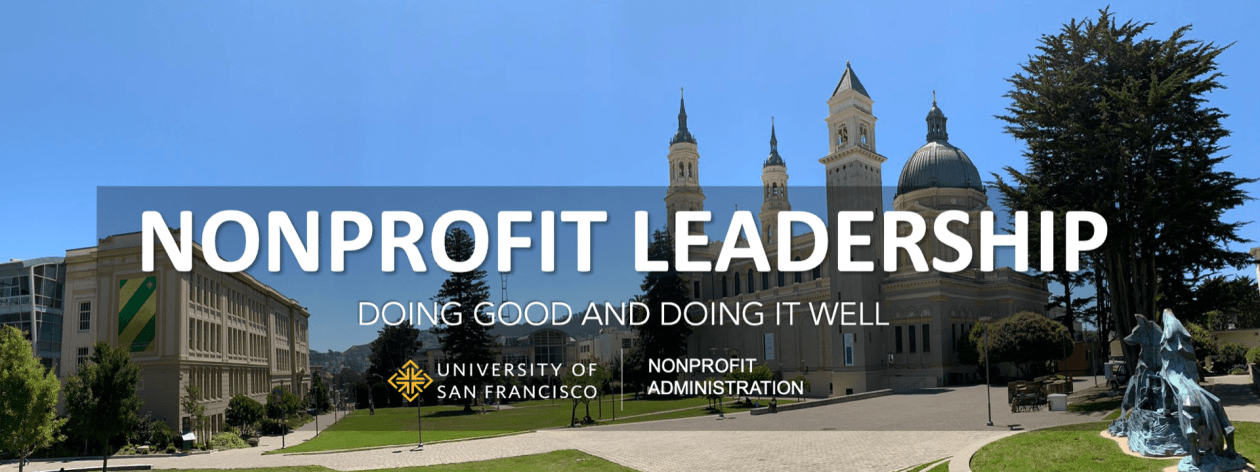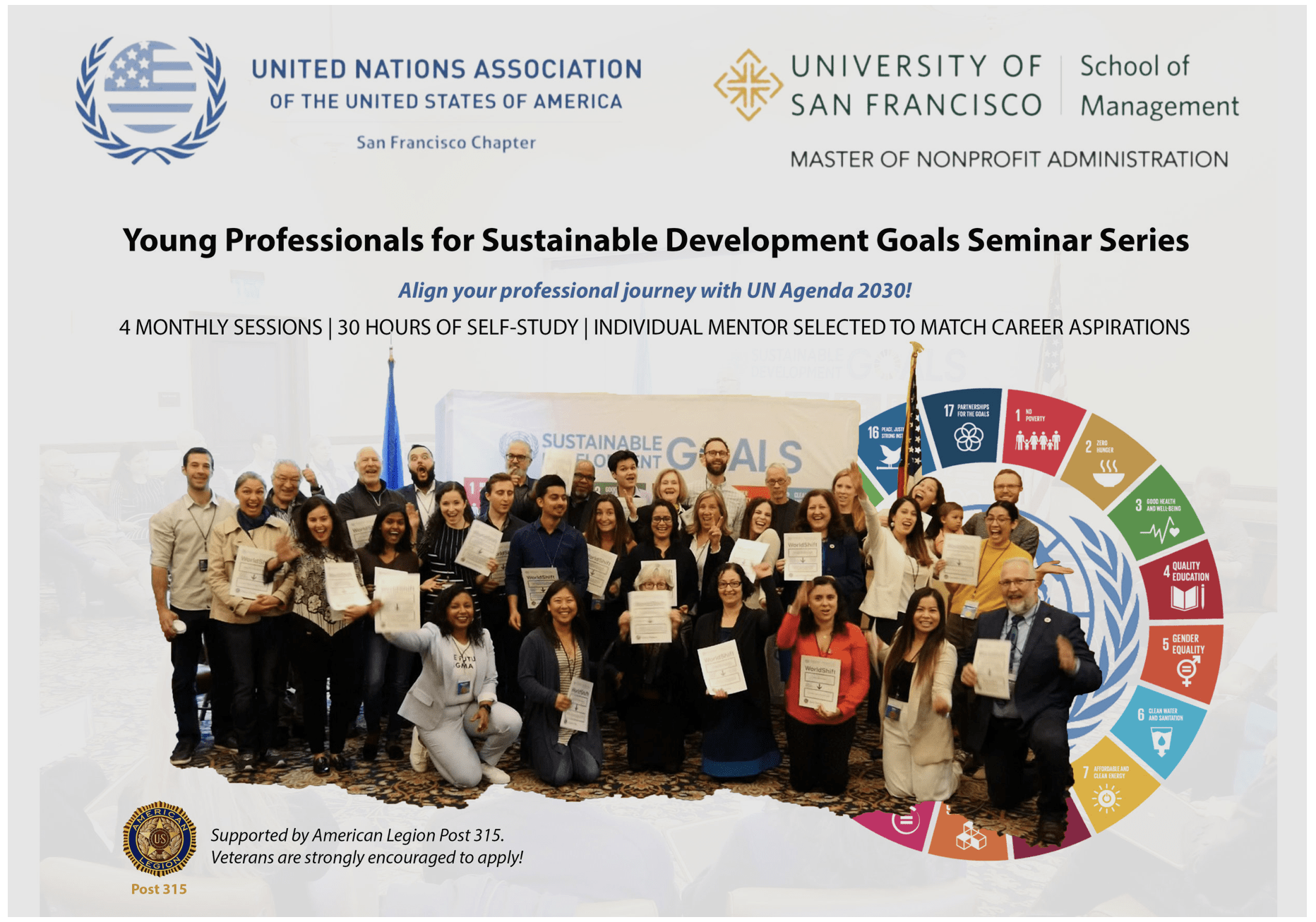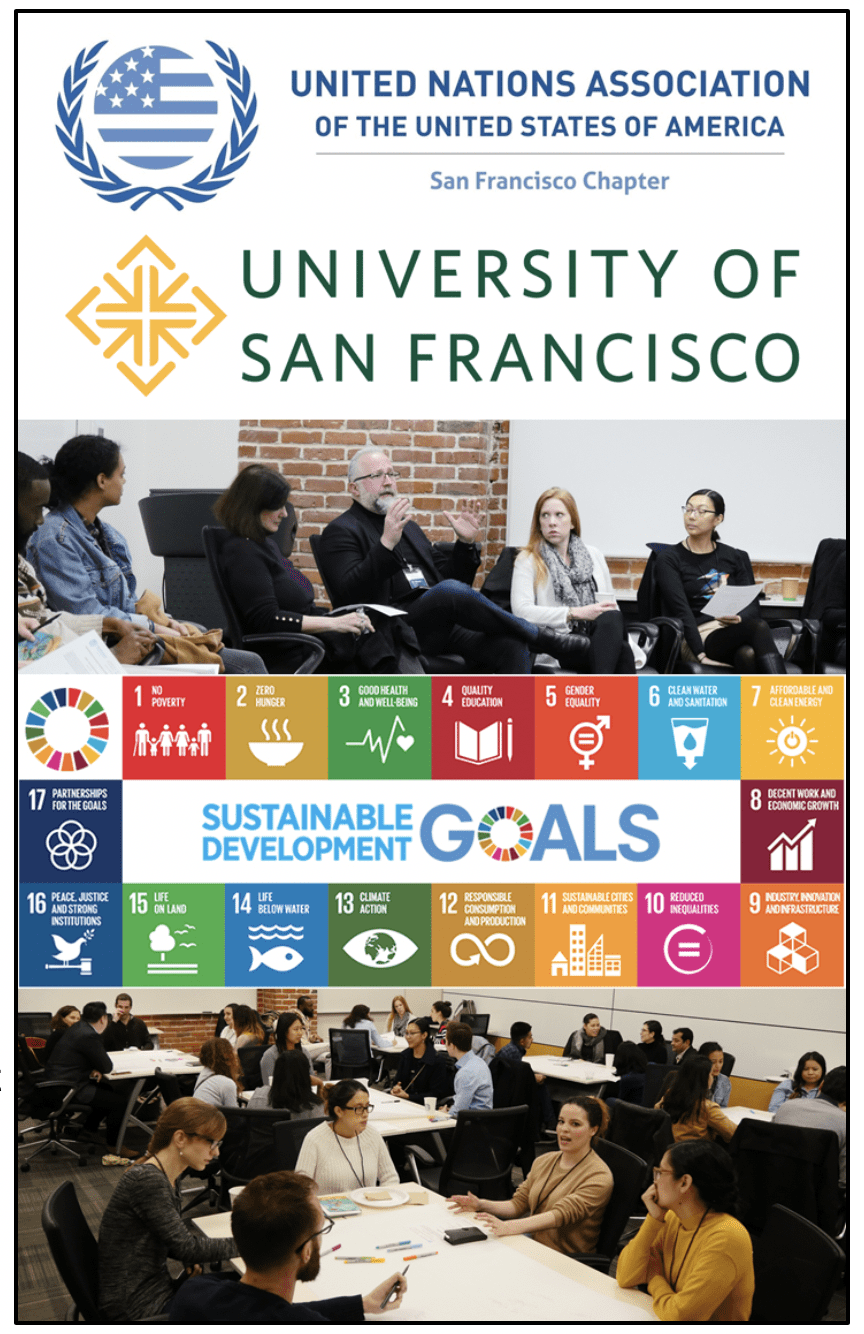Give the widespread usage of technology in every facet of our lives, it’s not surprising that individuals across the United States supported the online movement, #GivingTuesday, in record amounts last fall. On December 3, 2019, individuals supported a variety of charitable causes with more than 4 million gifts totaling roughly $510 million. This amount represented a 28% increase from the amount given during the 2018 #GivingTuesday campaign.
Given the growing need by nonprofits working to address the COVID-19 pandemic, #GivingTuesday organizers are urging individuals and nonprofits to rally together to support their local communities’ efforts to address the impact of the coronavirus. On Tuesday, May 5, 2020, a new online campaign will attempt to drive global generosity, civic engagement, business and foundation action to support nonprofits all over the world working to slow the impact of coronavirus. #GivingTuesdayNow is an opportunity when individuals can come together and give back in any way they can, no matter who or where they are.
The #GivingTuesdayNow campaign is being organized by a global network of nonprofit leaders, business partners, and generous individuals, including the Bill and Melinda Gates Foundation, the United Nations Foundation, PayPal and NBC/MSNBC serving as the signature media partner. #GivingTuesdayNow is similar in form and function to the late Fall appeal, but now there is an even greater sense of urgency to support our community and social services.
How can individuals help? On May 5, individuals are encouraged to participate in the effort using whatever means they can and to use social media to spread their participation and recognize others using the #GivingTuesdayNow hashtag to create a global feeling of unity and support. Organizers of the effort offer several opportunities to participate including donating to nonprofits in their communities working to help ease the suffering of millions affected by COVID-19, supporting local small businesses—especially those that may be able to donate products or services to nonprofits on the front lines of the pandemic, and demonstrations of gratitude to healthcare workers, service providers, and other essential workers who risk their own health on a daily basis.
What should nonprofits do? Given the urgency of the situation, using social media to reach your audiences helps you communicate key information quickly, create a sense of urgency, and share your updates to people in and out of your traditional networks. Before #GivingTuesdayNow begins, nonprofits must take some time to plan through their efforts to reach out to donors, volunteers, advocates, and social media followers.
As soon as possible, nonprofits need to sketch out the draft of their #GivingTuesdayNow plans, including developing the storyline or theme for their messaging. An organizational plan doesn’t need to be overly detailed given the urgent need and short turnaround time, but nonprofits should think through how this storyline will be woven into messages across multiple channels, including your website, e-mail, Facebook, Twitter, blogs, and other social media channels used by the nonprofit.
Storytelling and Planning. Your story may focus on your organization’s heroes, the impact of your programs and services, or those you are serving during this pandemic. Whatever its focus, organizations need to be consistent with messaging throughout the day and use the different channels to build a story. Sending out one message on #GivingTuesdayNow will not work neither will sending a similar message through all of your channels.
You need to entice your supporters to want to learn more and seek out your updates among the many that they’re going to receive from other worthy causes. It may help to draft your #GivingTuesdayNow messages all at once so that you can see the natural progression of your messaging across channels and throughout the day. Your updates should be spread out across the day. Start with strong messaging that ends with a “donate now” option and follow that throughout the day with informational updates that further your storyline.
Recruit organizational supporters! #GivingTuesdayNow efforts will succeed only if you get others to tell your story. Whether you’re the nonprofit executive director, marketer, or fundraiser, you cannot do the work alone. You simply do not have the vast network needed to reach the numbers necessary to see a huge impact on your efforts. But, your online supporters do! Tapping into your most active volunteers and loyal donors and asking them for help will result in your #GivingTuesdayNow updates being seen by more people when they add their own thoughts and words of encouragement to your shared posts and forwarded emails.
#GivingTuesdayNow should not be a replication of your #GivingTuesday efforts. We are in an unprecedented time of need and urgency, and your messages should accurately reflect your organization’s efforts to combat the COVID-19 virus. With a well-developed storyline and messages customized to tap into the personality of each platform, nonprofits will not only be able to succeed in educational efforts and fundraising but also be able to reach out to their local communities with words of gratitude for those on the frontline and words of encouragement for everyone whose lives have been upended by the coronavirus.



